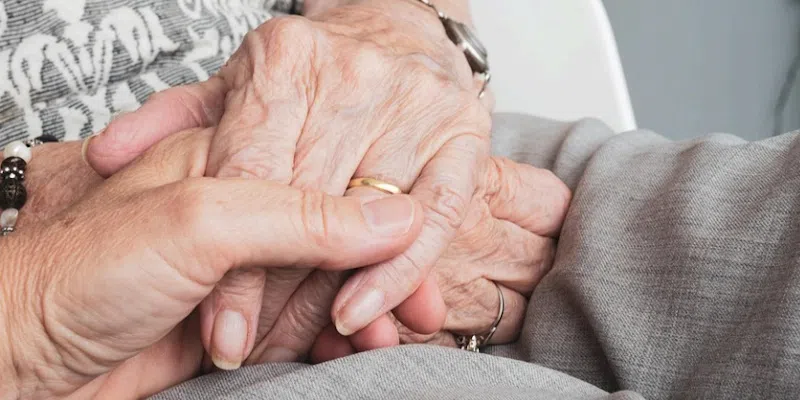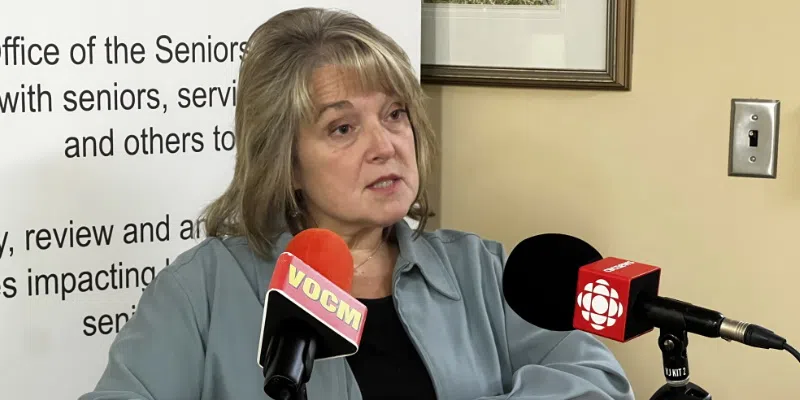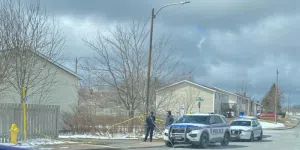The province’s Seniors’ Advocate says it’s hard to say whether staffing and training are contributing to some shocking incidents at personal care homes in the province without the same kind of investigative authority afforded to her counterpart in New Brunswick.
Susan Walsh was responding to the Auditor General’s recent performance audit on the province’s personal care homes.
AG Denise Hanrahan identified a lack of government oversight, and found a number of serious incidents that required follow-up, but there is no proof indicating those follow-ups occurred.
There were also instances where homes were reissued licences even though they were not compliant with existing standards.
‘We found that not all instances of non-compliance had been corrected by the required deadline for 10 of the 22 homes (45 per cent) that had been issued conditional licences. We found five of those 10 homes had their licence reinstated by NLHS even though there was no evidence to suggest that all corrective action plans had been fully addressed. One of these homes eventually had their licence revoked by NLHS. Further, we found one home was issued a conditional licence by NLHS for a full year; normally conditional licences are issued for a period of 3 to 6 months but there is no defined period of time required in the operational standards. We were unable to confirm if one home operated with a valid license in April 2024, as NLHS did not provide a letter of licensure to the home, and the evidence of interim license was not signed.’ (Personal Care Homes Audit Report/Office of the Auditor General)
Walsh says the AG’s report likely comes as vindication to families who have long known that problems exist, and cold-comfort to others contemplating a greater level of care for their loved one.
Walsh says without investigative powers, it’s hard for her to say exactly what the underlying issues are, but the AG’s report and recent review of long-term care and personal care homes point to a number of factors.
“I think that the literature certainly proves how it’s often related to lack of staffing, it’s often related to the lack of training in the systems, it’s often related to the lack of funding,” says Walsh. “We have to remember that the personal care home system is not government owned. It’s government that will licence these facilities, and is supposed to oversee these facilities, but they’re privately run. So, it’s a business.”
Staff Doing Their Best Despite Lack of Support, says NAPE
The union that represents many workers in personal care homes is calling on government to “step up” following the troubling report.
NAPE President Jerry Earle says there are many workers in the homes that are trying to do their best, but have “little support.”
According to the report, some staff working in personal care homes had little or no training.
‘We found no consistency in the training provided to employees at the personal care homes we visited. Some employees received at least one training session every three months, while other employees did not receive any training.’ (Personal Care Homes Audit Report/Office of the Auditor General)
He says the contents of the report are “extremely concerning,” and people who live in the homes deserve a decent quality of life—but that is not happening.
Earle says changes are needed.
He believes a whole different approach is needed. He questions if NL Health Services can continue to provide oversight, or if it should be a separate entity.




















